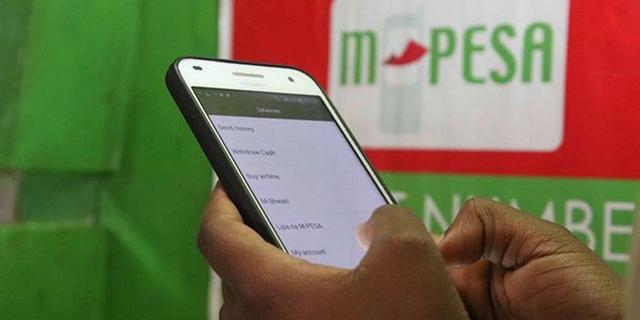The National Treasury is set to slash M-Pesa transaction charges a move that will affect Safaricom’s revenue stream.
Treasury Cabinet Secretary Ukur Yatani told the Senate that there was a need to make M-Pesa cheaper at a time when the mobile money platform has become deeply entrenched in Kenyans’ business and daily lives.
“Another source of concern with mobile money stems from the perception both by consumers and small businesses that the rents from digital technology are unfairly accruing to Safaricom Plc. This is in the area of unconscionable/excessive rates and Safaricom being a critical trading partner for SMEs and consumers… We will soon be presenting some proposed amendments to deal with this scenario.” Ukur Yatani
Safaricom has lately been facing criticism over what has been termed as exploitative mobile money transaction charges that border on double charging. For instance, the platform charges both the sender and receiver of any amount above Sh. 1,000.
Currently, sending and withdrawing Sh. 5,000 on M-Pesa is Sh. 159 while Airtel charges Sh. 75. It also costs Sh. 405 to transfer Sh. 25,000 on M-Pesa and Sh. 160 on Airtel.
Reviewing the charges will add to the battles that Safaricom has been facing over its dominance, including the move to cut calling rates and calls to have it broken up and forced to run M-Pesa as a separate business from the telecoms service.
Mr Yatani said the Treasury was aware of the rising concerns among consumers and small businesses over M-Pesa’s transaction charges.
Safaricom is Kenya’s biggest firm by market capitalisation and has consistently been accused of having the dominant position because it accounts for 90 per cent of revenues in areas such as mobile money transfer, voice calls and text messages.
Data from the Central Bank of Kenya (CBK) shows that M-Pesa grew its share of the value of mobile money transactions in the last three years to hit Sh2.206 trillion (99.9 %) out of the total of Sh2.208 trillion worth of transactions in 2021.
M-Pesa’s growth ate into the market of Airtel Money and Telkom’s T-Kash in the period, with their shares dropping to 0.2% and 0.1 % respectively.
In earlier reports, the Treasury warned that the collapse of the M-Pesa service would cause widespread disruption in the economy, they said a technology disaster affecting the M-Pesa-dominated mobile transactions was now a fiscal risk, placing the money transfer systems among other potential threats to the economy that are watched keenly by policy wonks.
The report noted that various financial products have been leveraged on the M-Pesa payment channel, increasing the inter-linkages between the technology and the banking sector.











